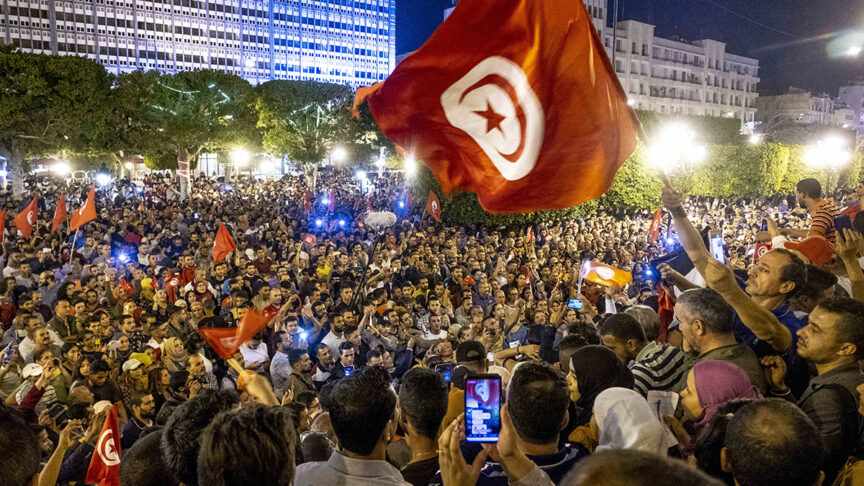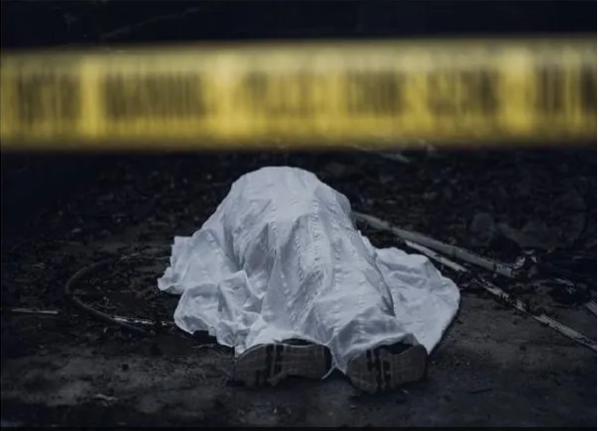People on the streets of the Tunisian capital expressed distrust in their elected representatives Thursday, a day after the president dissolved parliament in a blow to the North African country’s young democracy.
“The Tunisian parliament reminds me of football stadiums. Is that a parliament? It is a football stadium,” said Ali, the owner of a handicrafts shop.
He accused the lawmakers of simply working for their own interests, rather than those of citizens.
“Ten years ago they did nothing for Tunisia, now the situation is unbearable to due high prices,” said another man named Ali Hamdi.
President Kais Saied announced the decision to dissolve parliament in a televised address, after lawmakers led by the opposition Islamist party held a virtual session seeking to annul moves by the leader last year to assume sweeping powers.
Among those moves, Saied suspended the activities of parliament, which has not officially convened since July.
Saied argued at the time that the country was facing “imminent peril” because of protests and economic crisis, and he has governed the country by decree ever since.
The moves tarnished Tunisia’s reputation as a model of democracy and pluralism in the Arab world.
Tunisian protesters overthrew an autocrat in 2011 and unleashed uprisings across the region. The latest moves in Tunisia where protesters overthrew an autocrat in 2011 and unleashed uprisings across the region
Parliament speaker Rached Ghannouchi, leader of the Islamist party Ennahdha, convened a special virtual parliament session to vote down Saied’s moves, with 116 out of 217 suspended legislators taking part.
The party and other critics describe the president’s actions last year as an unconstitutional coup d’etat.
Political analyst Slaheddine Jourchi said Saied’s decision to dissolve parliament was based on a “clear constitutional and legal reference,” and suggested the president was acting on pressure from lawmakers themselves.




